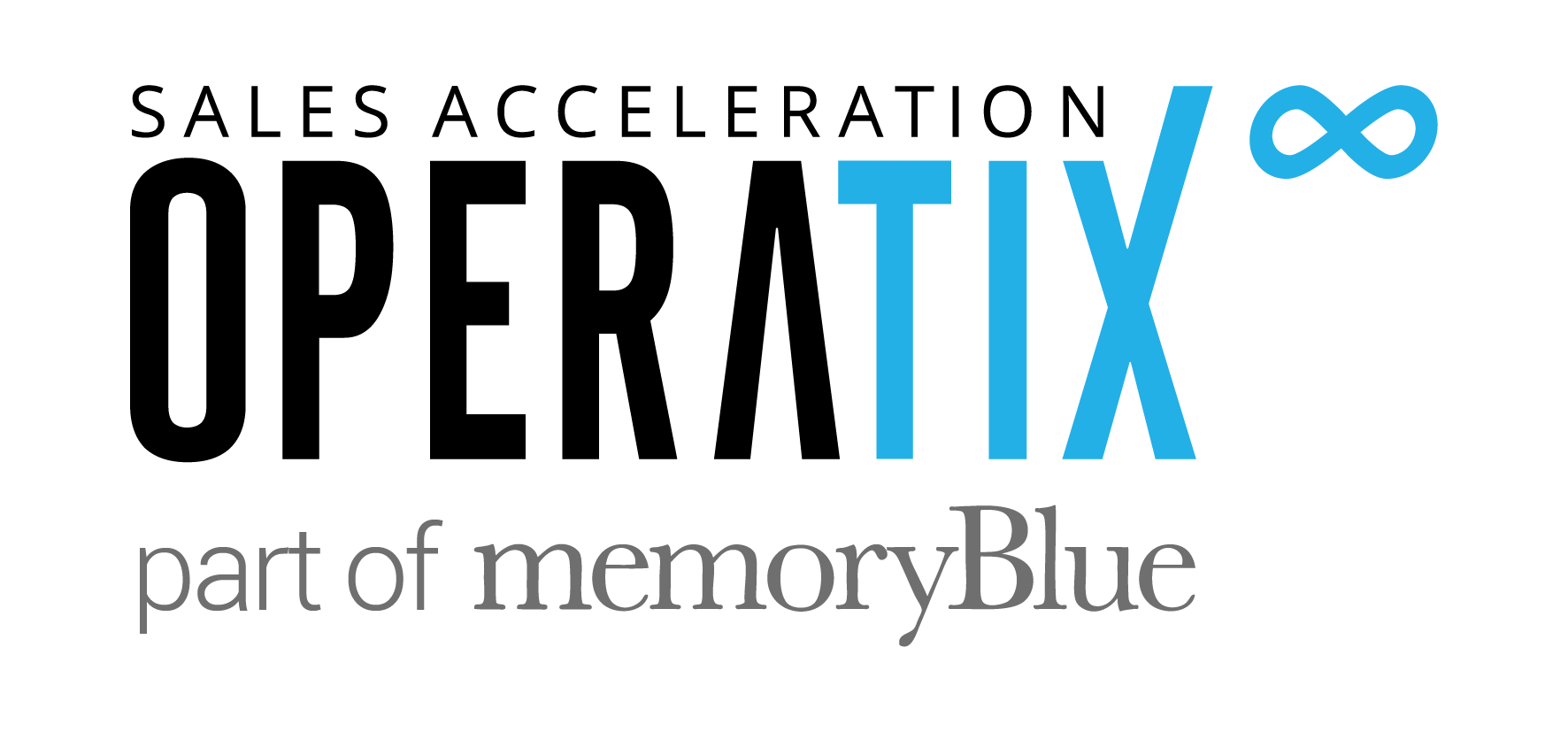Revenue operations, or RevOps, has entered the revenue conversation. Because it’s a newer role, many leaders are trying to wrap their heads around what it is and whether they need to implement the function at their company.
Megan Heinz, Director of Revenue Operations at Mainsail Partners, and Mark Kelly, CEO at NewEdge Growth, join us to define RevOps and to explain why it’s so important.
We discuss how RevOps is different from sales ops, how to measure RevOps success, the challenges of implementation (including when you should do it), and finding the right people for your RevOps team.
RevOps vs. Sales Ops
Revenue operations? Isn’t that just sales operations? Not really.
It’s true that both exist to drive efficiencies and best practices when growing and scaling a business. But RevOps encompasses way more than just sales.


Because revenue growth in today’s world cannot be limited to just sales, we really need a model for aligning every go-to-market team and your strategy for that customer growth.
Megan Heinz – Director of Revenue Operations at Mainsail Partners
RevOps involves every function of your go-to-market strategy. That includes marketing, sales, product, customer success, everybody that plays a role in the customer journey.
“It’s really coordinating the playbook across the entire company for sales enablement,” Mark says.
KPIs for RevOps
Because the function is so broad, you might be wondering how you can go about measuring success.
Megan says your best bet is to ensure your KPIs are tied to revenue.
“There’s a lot of KPIs within revenue that we can measure,” she says. “Both gross revenue and net revenue retention (or NR as it’s referred to) are great ones because then you’re measuring both aspects — the revenue maintained as well as the new growth within.”
Viewing those two metrics over time becomes a great measure of the success of your RevOps function.


Shared measurements allow you to get out of silos as you think about different functions and allow you to work across the team.
Mark Kelly – CEO at NewEdge Growth
Velocity is also a great metric, according to Mark, and specifically velocity from different angles.
You should measure how well you’re converting to different stages of the sales process. But you should also measure velocity on the marketing side as well. That would include things like demand gen and customer lifetime value.
The Challenges of RevOps Implementation
Because RevOps is a relatively new role, there’s still a lot of experimentation around the best way to implement it and to orient the function within your organization. Companies are experiencing some common challenges.
Technology
A key advantage of RevOps is it breaks down the silos within your organization. That benefits companies who are increasingly using digital tools and technology cross functionally. In theory, that should make the work of IT asset managers easier.
Still, leveraging technology to its fullest potential remains a challenge for many companies. Failing to think about what you really need and to come up with an overarching strategy might be to blame.
“If I had to give companies any advice, it is that you need to slow down before you go fast,” says Mark. “Take the time to slow down, analyze everything you’re doing, realize what you’re trying to optimize, and then make your moves. Don’t buy the technology first because it just slows you down.”
Changing Titles
Companies are falling into the trap of simply changing the title of their existing sales ops team to RevOps and expecting all the details to work themselves out.
But if you stop there, there’s no way you will bring about the kind of foundational change needed to break down silos and bring about a truly effective RevOps strategy.


It really needs to be a conscious, consensual change in how the entire organization is operating to be successful, as opposed to just focusing on what the title is.
Megan Heinz – Director of Revenue Operations at Mainsail Partners
Timing
When should you start thinking about RevOps?
It’s a question Megan receives often.
Most companies think about it a bit later on in their growth journey. But Megan believes that there is no barrier to entry for revenue operations.
“It’s something that is intended to truly implement and grow and scale with your business,” she says.
It can solve a lot of problems before they become problems. If there’s someone on your team focused on those issues, you won’t encounter as many problems with your tech stack or your processes.
Finding the Right People
When you put together a RevOps team, you should be looking for a breadth of experience. After all, it’s a broad function that touches nearly every part of your organization.
To that end, you should be looking for people who have particular experience in the areas that RevOps will be supporting. That includes people with experience in sales, marketing, and customer success.
“Having that on-the-job experience will bring so much more to the function itself,” says Mark.
In terms of individual qualities, you should look for people who are really passionate about analytics and processes — people with an interest in how things work. As you might imagine, RevOps values people who are endlessly curious.
There will be a lot of exploration and iteration so problem-solving skills are priceless as well.
In time, the RevOps function you put together will enable you to power incredible customer growth and unite your company into a lean, mean, revenue-generating machine.
Get in touch with Megan on LinkedIn or at Mainsail Partners and Mark on LinkedIn or at NewEdge Growth.
To hear this interview and many more like it, subscribe to The B2B Revenue Acceleration Podcast on Apple Podcasts, on Spotify, or on our website.




